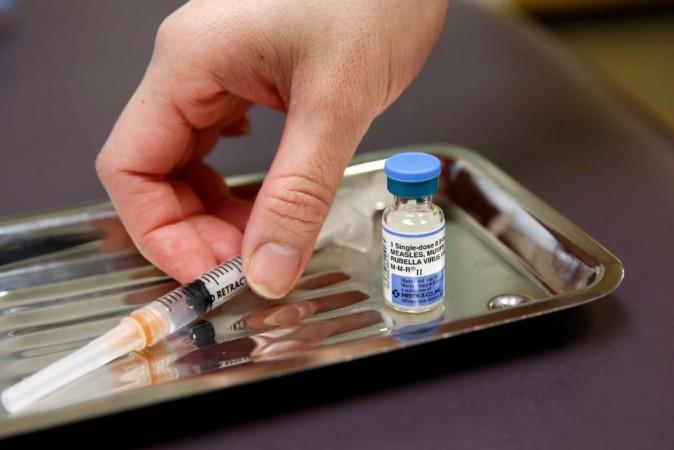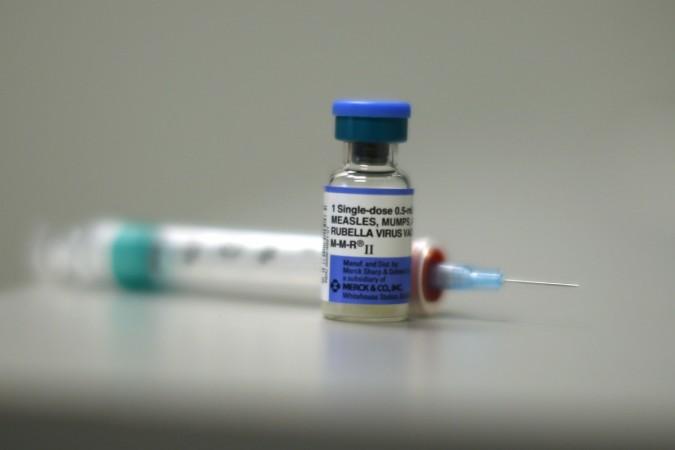Maharashtra and its capital city Mumbai are reeling under an outbreak of Measles, with the caseload across the state reaching 717 and the death toll stands at 14 since the start of the year. In Mumbai alone, 303 cases have been reported so far and 10 deaths as of November 28.
In comparison, Maharashtra recorded 1,337 confirmed cases in 2019, 2,150 in 2020, and 3,668 last year.
Further, Kerala in southern India is also seeing an outbreak of the highly contagious disease, with 150 cases being reported in pockets of Malappuram, including Pookkottur and Kalpakanchery.

What is Mumbai doing to control the spread?
With the outbreak this year becoming a cause of concern, the Brihanmumbai Municipal Corporation (BMC) has started house-to-house surveys and intensified vaccination drives. The civic authority is conducting camps to cover all the unvaccinated children in affected areas.
In addition, the BMC will be implementing Outbreak Response Immunization (ORI) in accordance with the guidelines received from the central as well as the state health departments from December 1.
Under this drive, a special dose of the measles vaccine will be administered to 1,55,131 children in the age group of 9 months to 5 years and to 3,569 children in the age group of 6 months to 9 months.
How is Kerala dealing with the outbreak?
The Kerala government has urged parents to ensure that their children are vaccinated without fail. State health minister Veena George said recently that her department is taking stringent measures to control the disease and that adequate amounts of MR vaccine and Vitamin A syrup have been made available in Malappuram.

What is measles?
Mostly seen among children aged six months to three years, the disease is called 'khasra' and is one of the leading causes of death and disability among young children. It is sometimes also seen in teens and adults. While there is no specific treatment for it, there is a vaccine to stay protected.
What are its symptoms?
Major symptoms of measles are fever, dry cough, running nose, sore throat and rash. The rash breaks out first on the face and spreads to other parts of the body in the following days.
How does the disease spread?
Measles is caused by a virus that originates in the nose and throat of an infected person. Droplets spread in the air when an infected person coughs, sneezes or talks. When other people breathe them in, they can become infected.
What is WHO's stance?
The World Health Organisation (WHO) has warned that measles could become an "imminent threat in every region of the world," since millions of children and unvaccinated against the disease.
"Measles vaccination coverage has steadily declined since the beginning of the Covid-19 pandemic. In 2021, a record high of nearly 40 million children missed a measles vaccine dose: 25 million children missed their first dose and an additional 14.7 million children missed their second dose," said WHO in a joint report with the United States Centers for Disease Control and Prevention (CDC).
"The situation is grave: measles is one of the most contagious human viruses but is almost entirely preventable through vaccination. Coverage of 95% or greater of 2 doses of measles-containing vaccine is needed to create herd immunity in order to protect communities and achieve and maintain measles elimination," they added.

















